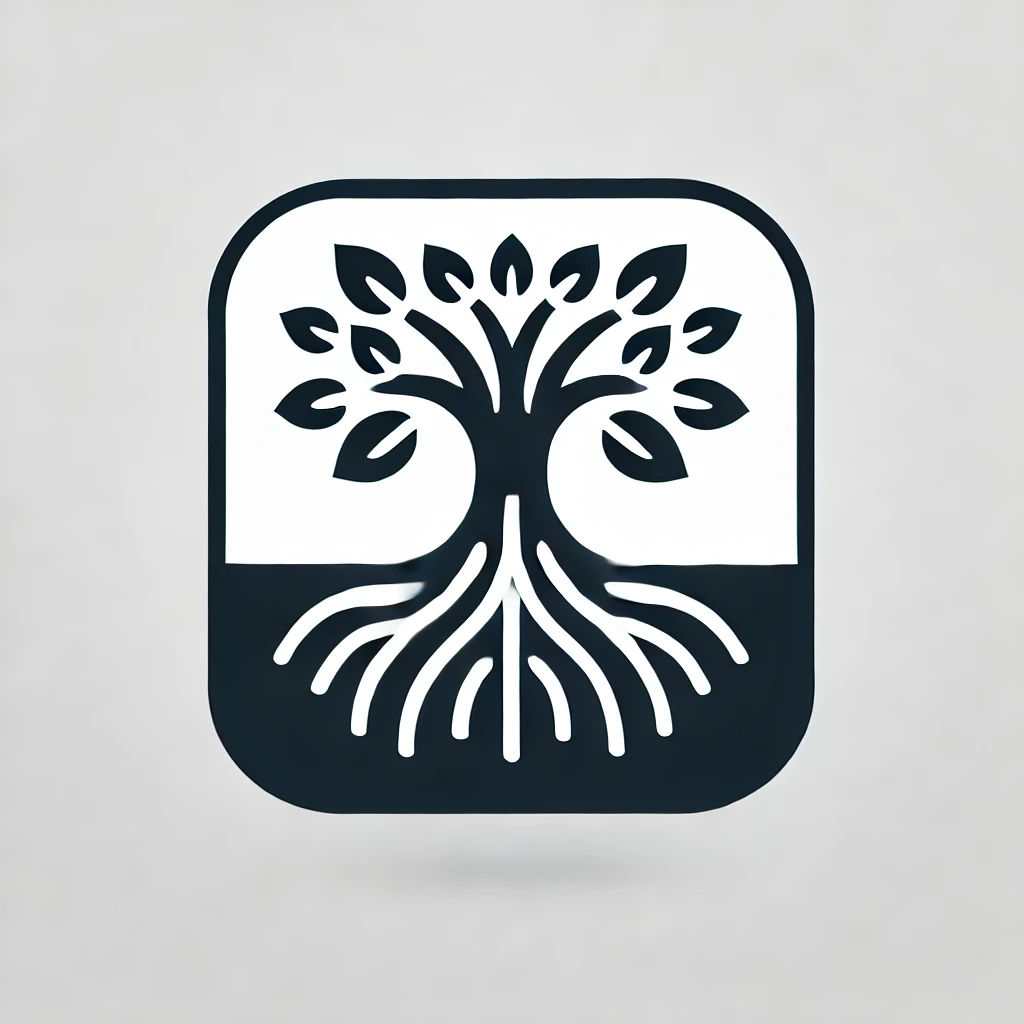It’s easy to focus on what’s going wrong—aches and pains, regrets, news headlines, or the uncertainties that come with getting older. But amidst all of that, there’s one quiet habit that can help shift your entire experience of life: gratitude.
Gratitude isn’t just a feel-good idea or something you do once a year at the dinner table. It’s a daily mindset that’s been proven to boost mood, lower stress, and even improve physical health. And the best part? It doesn’t cost a thing.
Whether you’re 50, 60, 70 or beyond, practicing gratitude can be one of the most powerful tools in your emotional toolbox. It doesn’t require big changes—just a few minutes and a little intention.
Let’s explore why gratitude works, what the science says, and how to make it a simple part of your daily life.
💡 What Is Gratitude, Really?
Gratitude is the act of noticing and appreciating the good—both the big moments and the small. It’s not about ignoring challenges or pretending everything’s perfect. It’s about choosing to focus on what you do have, rather than what’s missing.
Gratitude can be directed toward:
- People in your life
- Simple pleasures (like a cup of tea or a sunny morning)
- Your own strengths or progress
- Challenges that taught you something
Over time, this practice trains your brain to seek out positivity instead of falling into worry, frustration, or negativity.
🧠 How Gratitude Boosts Mental Health
Modern science backs up what many ancient traditions have long known: gratitude changes the brain.
✨ Proven Benefits:
✅ Reduces symptoms of depression and anxiety
✅ Lowers stress levels by reducing cortisol
✅ Increases optimism and happiness
✅ Improves self-esteem and resilience
✅ Strengthens relationships and connection
Brain imaging studies show that practicing gratitude activates the prefrontal cortex (the area linked to decision-making and emotional regulation) and can rewire the brain over time to be more optimistic and calm.
🌿 Gratitude and Aging: Why It’s Especially Powerful Later in Life
As we age, we naturally face more transitions—retirement, health changes, loss, and shifting relationships. Gratitude helps anchor you to what is still rich, beautiful, and meaningful in your life, even when other things feel uncertain.
It’s also a wonderful way to reflect on your journey with a sense of acceptance, appreciation, and peace. Many older adults who practice gratitude report feeling more content, connected, and emotionally stable.
✍️ Simple Ways to Practice Gratitude Every Day
You don’t need a journal full of poetry or hours of free time. A few quiet minutes is enough to start seeing the shift.
📓 1. Keep a Gratitude Journal
Each day, write down 3 things you’re grateful for. They don’t have to be profound—it could be:
- The smell of morning coffee
- A kind word from a friend
- A moment of pain-free movement
💡 Tip: Try journaling first thing in the morning or just before bed.
💬 2. Express It Out Loud
Tell someone you appreciate them. Send a text, make a call, or say it face-to-face. Even writing a thank-you note (even if you don’t send it) can lift your spirits.
🌞 3. Practice “One Beautiful Thing”
Each day, notice one beautiful thing around you—a tree, a bird, the texture of your blanket, a smile. Take a moment to fully absorb it.
🧘 4. Turn It Into a Mindfulness Practice
During your morning walk or while sipping tea, mentally list things you’re grateful for. Combine it with deep breathing for a double benefit.
📱 5. Use a Reminder
Set a daily reminder on your phone that simply says:
“What am I grateful for right now?”
This quick mental check-in helps shift your state of mind.
💭 What If I Don’t Feel Grateful?
That’s okay. Some days are hard, and gratitude might feel out of reach. The practice isn’t about forcing positivity—it’s about gently noticing.
Start small. On a tough day, maybe all you can say is:
- “I’m breathing.”
- “I have a roof over my head.”
- “I made it through the day.”
Gratitude isn’t about denying your struggles. It’s about holding both the hard and the hopeful at the same time.
🌟 Final Thoughts: Gratitude Is a Daily Strength, Not a One-Time Fix
Gratitude doesn’t erase life’s problems. But it does soften their impact. It reminds you that even on the hardest days, there’s still something worth appreciating.
Over time, it becomes a habit—a quiet, powerful force that shifts your perspective, improves your mood, and helps you navigate life with a little more grace.
✨ Try it for a week. Write down three small things each day. You might be surprised at how much beauty you begin to notice.
Photo by Alena Darmel: https://www.pexels.com/photo/elderly-man-in-white-dress-shirt-smiling-7322100/



Leave a Reply